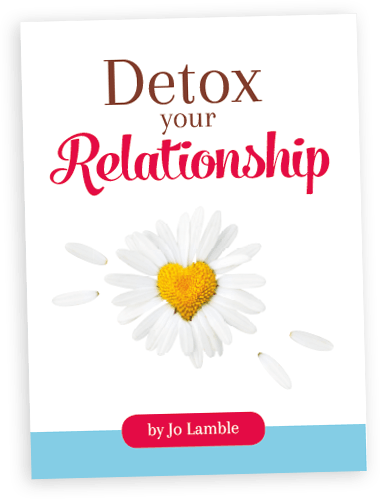 We are the parents, we should know best – or do we? When it comes to adolescent romance, it can be hard for parents not to interfere. We are understandably protective of our children’s feelings – no matter how old they are. We want to make sure that they end up with someone fabulous. We want to stop them from getting hurt and making bad decisions. But not only is it unrealistic to think that we can shield them from any pain, we may actually be causing some of that pain if we meddle in their relationships.
We are the parents, we should know best – or do we? When it comes to adolescent romance, it can be hard for parents not to interfere. We are understandably protective of our children’s feelings – no matter how old they are. We want to make sure that they end up with someone fabulous. We want to stop them from getting hurt and making bad decisions. But not only is it unrealistic to think that we can shield them from any pain, we may actually be causing some of that pain if we meddle in their relationships.
Adolescence is a time of insecurity and self-doubt. Rejection is keenly felt and acceptance and popularity are so important. Our job is to be their greatest fans and their strongest supporters. We may not be the best relationship counsellors. That’s because we take our years of wisdom and experience and try to put their issues through our baggage-laden filters. If we have been cheated on, we risk teaching them that boys or girls can’t be trusted. If we have been crushed by rejection or abandonment, we risk teaching them to take control of things by dumping someone before they get dumped themselves. If we have been blissfully happy in our relationships, we risk teaching them that any conflict should be a deal-breaker.
If your child is happy in a relationship, be happy for them. If your child is having relationship issues, be a non-judgmental sounding board and allow your teenager to come to his or her own conclusions. If you don’t like your adolescent’s boyfriend or girlfriend, try to see more of them. By having them spend time with your family, they might start to grow on you as you get to know them, or your child might come to see what you see.
It’s just as important that we don’t attach too strongly to our teens’ partners because that may make it difficult for everyone if the relationship breaks down. Our children shouldn’t stay in a relationship to keep us happy. And herein lies the tricky path we must negotiate – staying neutral, yet supportive. Unless of course you see anything worrying. If your child is being treated really badly or you are worried about the negative impact the relationship is having on them (they are more withdrawn, losing confidence, or becoming insecure), then gently express your concerns and encourage them to talk about how they’re coping in this relationship. Tell them how much they are loved and how they deserve to be treated. Then sit back and hope that they make a good decision.
















